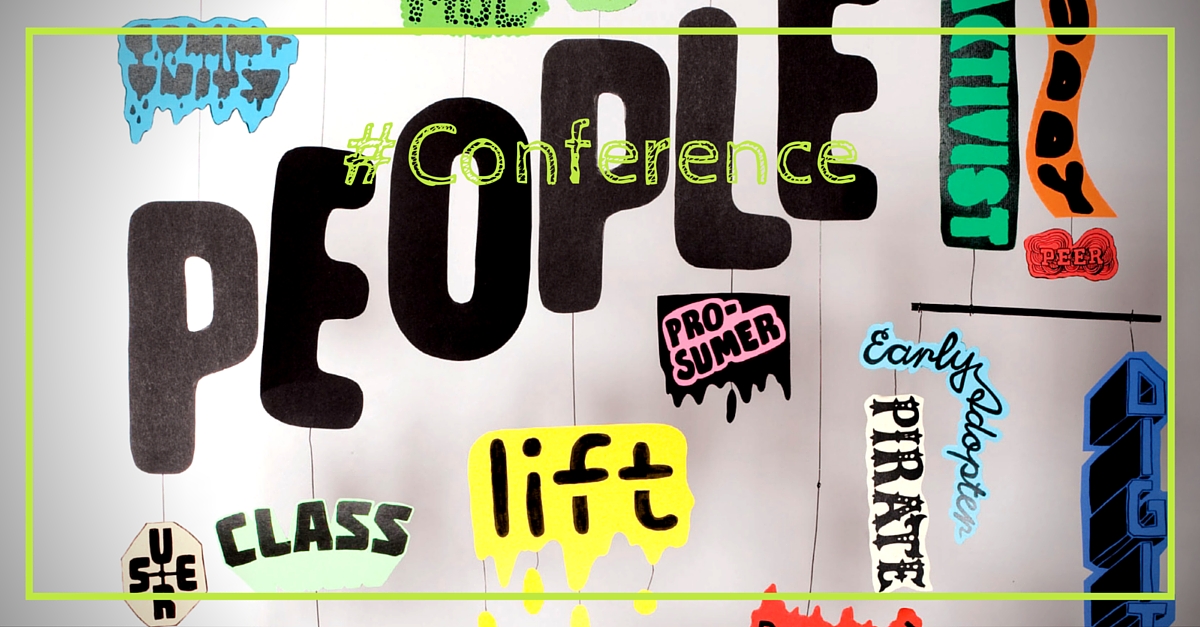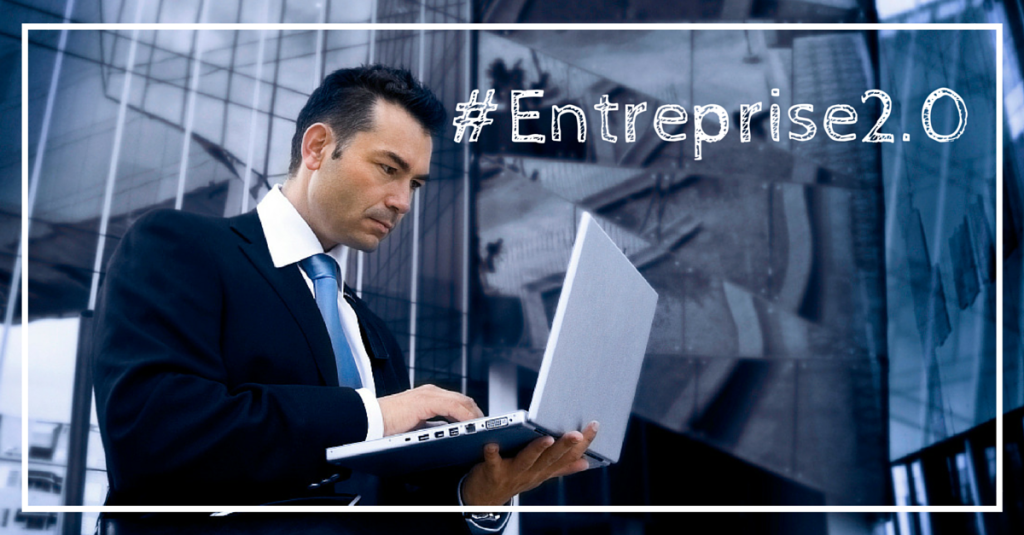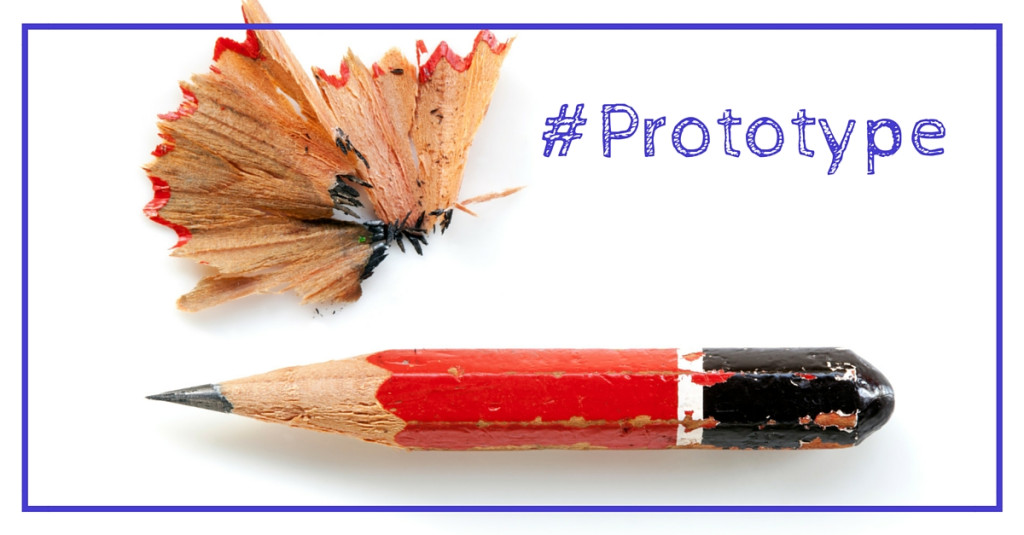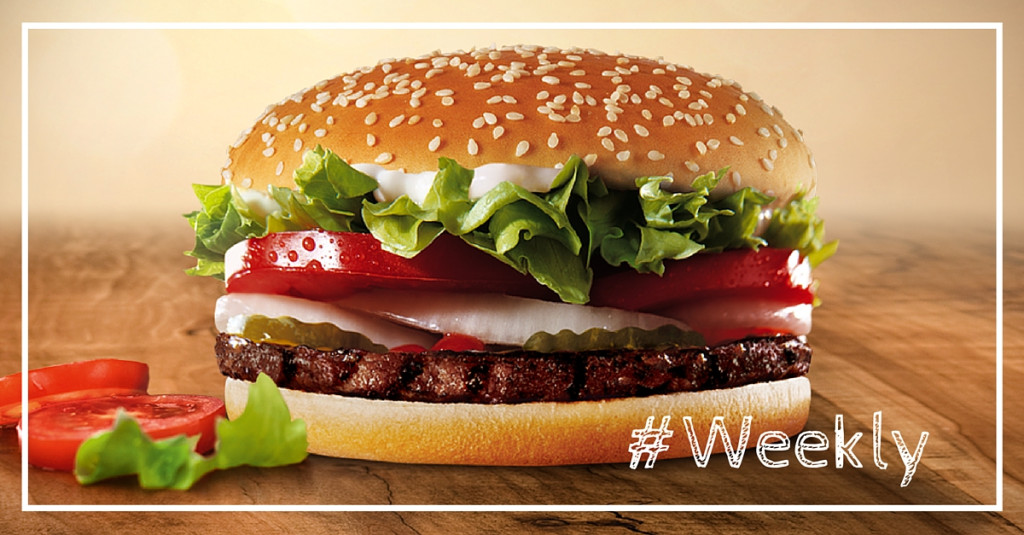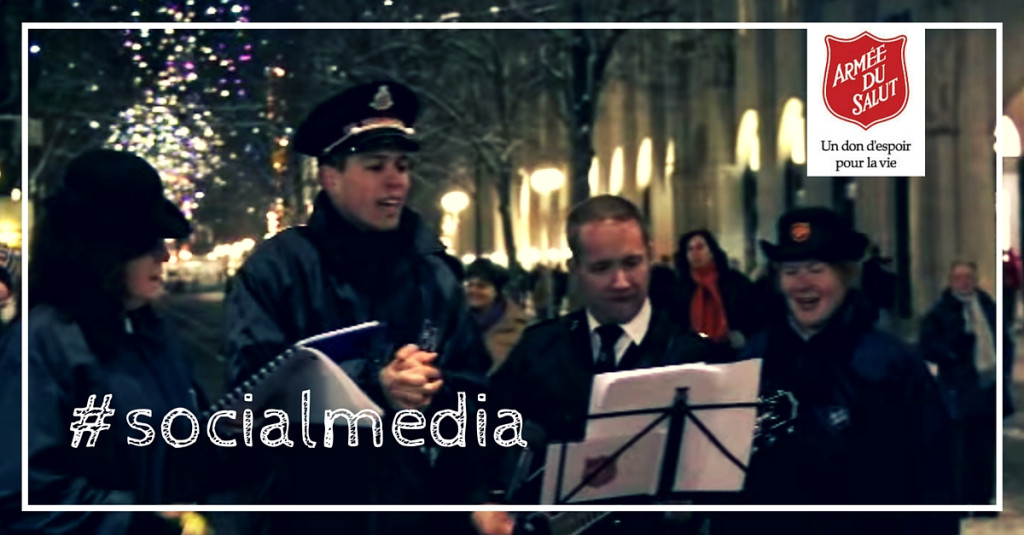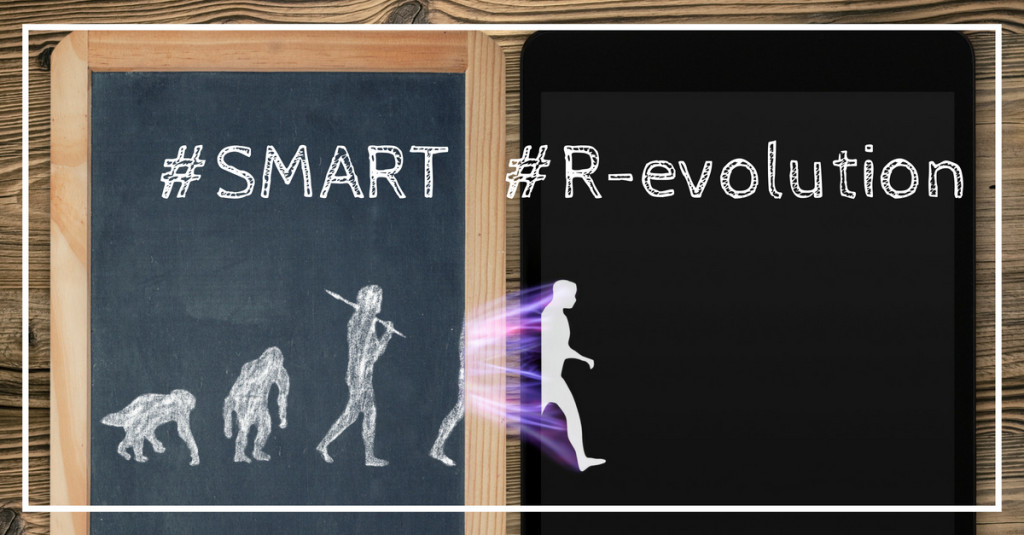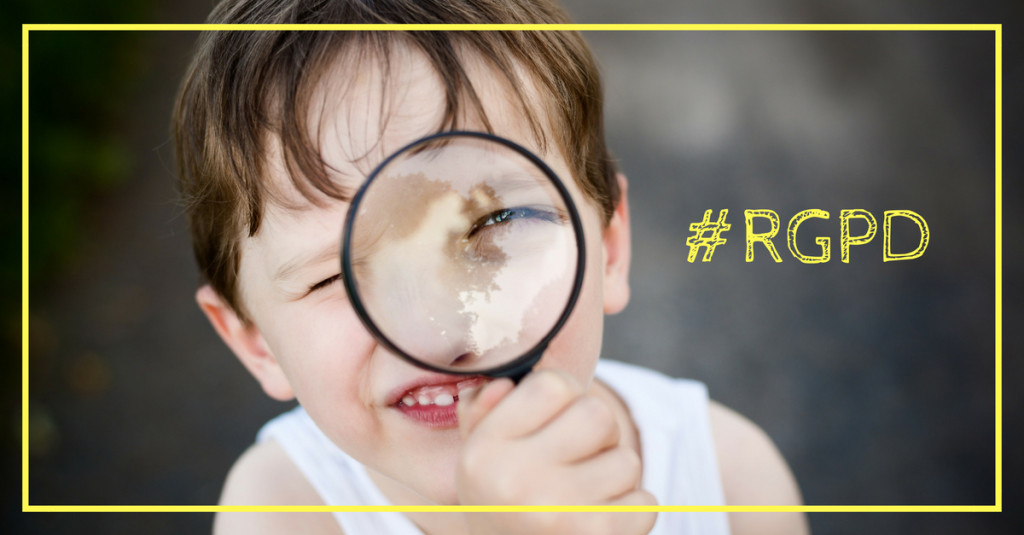Hi! My name is Nicolas and I’m the newest addition to the Netinfluence team! I was priviledged enough to start my job last Monday and spend the rest of the week attending Lift10. 🙂
Lift is a unique conference. Those of you who have been to Lift know what I mean by « unique », the others have probably heard about it and will want to experience it as well in the future.
This year’s conference was spread over a 3 days format with workshops in the morning and sessions in the afternoon to explore the myths and uncover the reality behind the « Connected People »:
« Known in techno-parlance as users, people ultimately define the success of all technological and entrepreneurial projects. Their approaches are unique, influenced by cultural and generational diversity. »
To give you a brief idea, Lift10 gathered 982 people for 20 sessions by international speakers, showcased 9 testimonials during the Open stage, proposed 30 different workshops, gave space to 15 start-ups and pitch opportunities to 8 of them, served huge quantities of melted cheese during the legendary fondue combined with almost as much white wine.
But it also generated a huge amount of tweets on twitter, numerous blog posts, videos on Youtube, pictures on Flickr, check-ins on Foursquare and so on!
This is just a proof – as if it was needed – that lifters are connected people.
But the Lift experience is not only about technology. One of the most important aspects of Lift is the opportunity to greet and meet incredible people and many « moments » are real connection enablers: workshops break up the crowd in smaller groups and enhance interaction among participants, breaks between sessions are great for discussions, for discovering the art installations from the HEAD – Geneva students, or learning more from entrepreneurs in the start-ups corner. And I’m not taking about all the laid-back drinks, cocktails, and of course fondue…
My point here: Lift’s theme was about « Connected People », but Lift experience is about connecting people!
And I liked how Lift founder, Laurent Haug, invited participants during his opening speech to use serendipity – a very popular word both off and online – for this purpose.
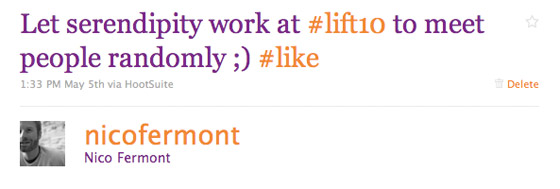
Let’s now focus on Lift’s sessions and key learnings:
The redefinition of privacy session tried to shed some light on these questions: What is privacy in the 21st Century? Is personal security threatened by the massive collection of personal data?
Sociologist Olivier Glassey‘s talk focused on the evolution of privacy without falling into apocalyptic visions. Is public really the new social norm because of social networks? First of all, online social networks are identity playgrounds. Secondly, there is a huge part of our identity that does not belong to us, but belongs to the communities and social groups we are part of. Social context defines the privacy of data and there are contrasting user’s views about intimacy exposure online. My opinion is that if people decide to publish and share their personal data and experiences online, they accept to play the game of privacy exposure. The important thing is to master the tools to manage your online privacy and image.
The future of media: Newspapers are struggling, TV is not sure of what the future holds. What is at stake nowadays when informing, reaching and involving people?
Catherine Lottier and Virginia Mouseler pointed out that the last 10 years had meant big change for media content, especially TV. Cross-fertilization between digital and media, blurred the lines between genres, real life and fiction. Internet is the great aggregator. TV or radio is no longer the fastest path to information, it’s social networks like Twitter (in 2001, 911 was covered by TV, today’s Volcano ash is on Twitter). The new deal is the appareance of hybrid genres, the use of visual codes of digital universe in TV programs, and of operating modes of digital universe (immersion, simulation, sampling, opensource, crowdsourcing, commenting culture). This changes the professional TV world and opens up opportunities as new needs involve new players like digital communication agencies (because we master all the tools, we are aware of all the technology issues, we know about the content production and format, we specialize in marketing and promotion), and new skills.
The myths and realities of online politics: Beyond the much talked-about political campaigns on Facebook, how to turn users into citizens engaged in public action?
Rahaf Harfoush delivered one of the most fluid and intereting talks of the conference in my opinion. As a social media strategist, her talk focused on how social networks are changing the way we are implementing governments and political campaigns. I have made a video interview with her to talk about this subject in more details and it will be published as a dedicated post in the days to come.
Understanding the different uses of technologies by each generation: How to go beyond the usual clichés on generations? This session will explore how different generations adopt technologies.
3 talks for this session: Aubrey de Grey started to expose medical prospects for defeating aging, resulting in therapies that will soon be able to add 30 healthy years to the remaining lifespan of typical 60-year-olds. This questions the notion of generations as a whole. Sociologist Antonio Casilli then exposed how computer culture entertains the myth of being a thing of the future and eternal youth. His slide showing 3 covers of Time Magazine from 1980s “computer kids” to 1999 « internet kids » to today’s “digital natives” is the best illustration of the fact that children have always been dubbed as the main user of the computer, which is not actually true. Finally, 20 years old studend, Julian Zbar gave us his personal experience on how his generation is being transformed by technology. Interesting facts: always connected, expect everything to be free, accustomed to instantaneous results, being social is the default but social acts are trivialized.
The dynamics of online communities: Since 2006 Web 2.0 has celebrated the so-called « amateur revolution ». What did we learn in the past 5 years? Are we reaching the limits of Web 2.0?
Maria Sipka was not a key speaker at Lift but she held a workshop I attended focusing on the challenges brands face to edge their way into online communities. I also did a video interview with her and will publish a post to focus on this topic in more details.
Below you will find a brief visual impression of Lift10. See you at Lift11!

